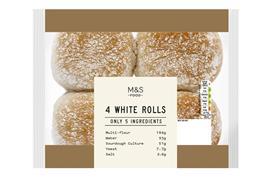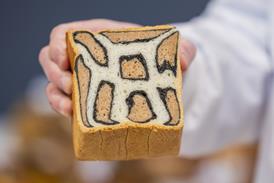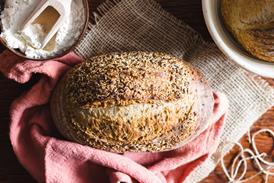These are interesting times for those involved in the baking industry today. British Baker is reporting on some challenging issues and is clearly working for a response from officials, which industry can work with.
There are many products using high quantities of fat. People should be encouraged to moderate consumption. Reducing fat levels/quality of fat is a wholly inadequate solution. These products are supposed to be a "treat" not just "ordinary".
Regarding salt: it is difficult for bakers to come to agreement on this issue. Ian Barrett’s letter (BB, 23 October) makes some interesting points. However, his argument is fundamentally flawed. We are talking about salt levels in the finished product. Using Baker’s Percentages, many a recipe is formulated using salt at 2% on flour. Personally, I have been adding salt at 1.8% for over 10 years. I am sympathetic to trying to get this down to 1.5%, but I believe in long fermentation; I like the toughening effect of the sodium ions on the gluten in the dough; it helps to achieve full hydration; control of fermentation is implicit; and finally, yes, flavour is better. But most bread of today needs high salt to overcome lack of flavour. If you consult the work of Professor Raymond Calvel, it is obvious that salt levels in bread dough have increased significantly since the emergence of "no-time" dough.
Salt levels and ’bad’ fat are part of a big picture; so too are all the hidden substances that never get as far as the label. My challenge to industry is: declare these! If the Food Standards Agency starts to get tough on this as well, today’s bread industry will really have to change.
Andy Smith, bakery lecturer, Newcastle College and bakery consultant


























No comments yet